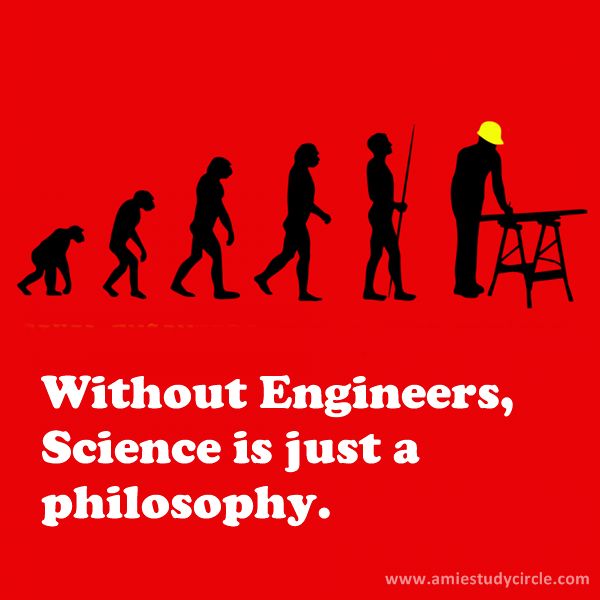User Ideas / Prospects
Tag search results for: "science and engineering "
Now before you readers get this to some other way I must want to admit that. Science itself is more than just a philosophy. Even without direct engineering applications, scientific research advances our understanding of the universe, which is valuable in its own right. Pure science often drives innovation by pushing the boundaries of knowledge, which engineers later translate into practical applications.
The relationship between science and engineering is symbiotic rather than hierarchical. Engineers rely on scientific discoveries to innovate, and scientists often depend on engineering tools and technologies to conduct research. For example, advances in materials science or biomedical research often require sophisticated engineering tools and techniques.
And like wise Scientific research often relies on advanced tools and instruments, many of which are developed by engineers. For instance, modern physics would be unimaginable without the sophisticated particle accelerators designed by engineers, which allow scientists to probe the fundamental nature of matter.
Many scientific fields, such as astronomy or genomics, generate vast amounts of data. Engineers develop the technologies—like telescopes, sequencing machines, and data processing software—necessary for collecting, storing, and analyzing this data, enabling scientific discoveries.
Engineering innovations frequently lead to new experimental techniques. For example, advancements in materials science, a branch of engineering, have allowed scientists to explore the properties of new materials, leading to discoveries in nanotechnology and quantum computing.
Science provides the theoretical foundation and discoveries that engineers use to develop new technologies, while engineering provides the tools, techniques, and innovations that enable scientific research to advance. Both fields are crucial for progress, and each drives the other forward, leading to the continuous evolution of knowledge and technology.
So Science and Engineering both are interdependent wise versa.
but still ...
Engineers are responsible for applying scientific principles to solve real-world problems. Science provides the foundational knowledge, but engineering turns that knowledge into practical solutions, such as technology, infrastructure, and systems that benefit society. Without engineering, scientific discoveries might remain theoretical concepts, with limited impact on everyday life.
Engineers bridge the gap between scientific theory and practical implementation. For instance, while scientists may understand the principles of electromagnetism, it’s engineers who design and build electrical grids, smartphones, and computers. This practical application is what transforms scientific ideas into tangible realities.
Engineering is crucial for innovation and technological progress. Many of the advancements we associate with modern science—such as medical devices, renewable energy systems, and communication technologies—are the result of engineering efforts to harness scientific discoveries.
So "Without Engineers, Science Is Just a Philosophy" is a significant truth.
so I wrote this article to dedicate my gratitude to all of the Engineers who work hard on big important project with knowing that their name probably not going to shine only money as per market norm they are going to get but still they did work harder and smarter to make sure project don't get failed.
Long Live Engineering.

